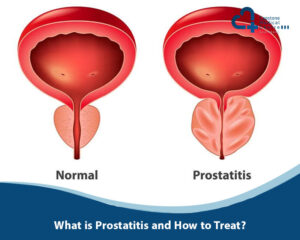
What is Prostatitis and How to Treat?
Prostatitis, a condition that has significant implications for men’s health,


MD, FRACGP, FACAM
Advance Diploma in General Dermatology
Diploma of Cosmetic Medicine

People living in social isolation often lack regular interactions with others and may predominantly live alone. Recent data reveals that approximately 19% of elderly Australians experience this kind of isolation.
A staggering figure suggests that loneliness affects over five million Australians. Globally, countries such as the UK are proactively introducing measures to tackle the escalating “loneliness epidemic”, which depicts an increasing number of individuals feeling more isolated and lonely than before. The pivotal questions arise: How detrimental is the sensation of loneliness, and to what extent are its effects influenced by personal perceptions?
The review of current literature led to the identification of 90 significant articles exploring the ties between social isolation, loneliness, and various health outcomes, representing over two million individuals.
These studies encompassed diverse topics, with some probing into the specific relationship between loneliness and severe health conditions such as heart disease or cancer. A considerable portion (29) of these studies came from the US, yet the data set provided a broad representation of countries, primarily those at a development level akin to Australia.
From the data, the team deduced that both factors – social isolation and feelings of loneliness – were associated with an increased risk of mortality from all causes and notably, cancer.
Moreover, individuals experiencing social isolation presented a higher likelihood of succumbing to cardiovascular diseases. However, understanding the nuanced relationship between social isolation and loneliness proved somewhat elusive.

Prostatitis, a condition that has significant implications for men’s health,

Back to all The Best Foods to Eat While Working

Back to all Healthy Relationships What is a healthy relationship?

Back to all How to shop for healthy food on

Back to all Travel Vaccinations: What to know before you
Monday – Wednesday
Thursday – Friday
Saturday
Sunday
Public holidays
9 am to 5:30 pm
8:30 am to 6:30 pm
10.00 am to 3.00 pm
closed
closed
© 2020 All rights reserved.
